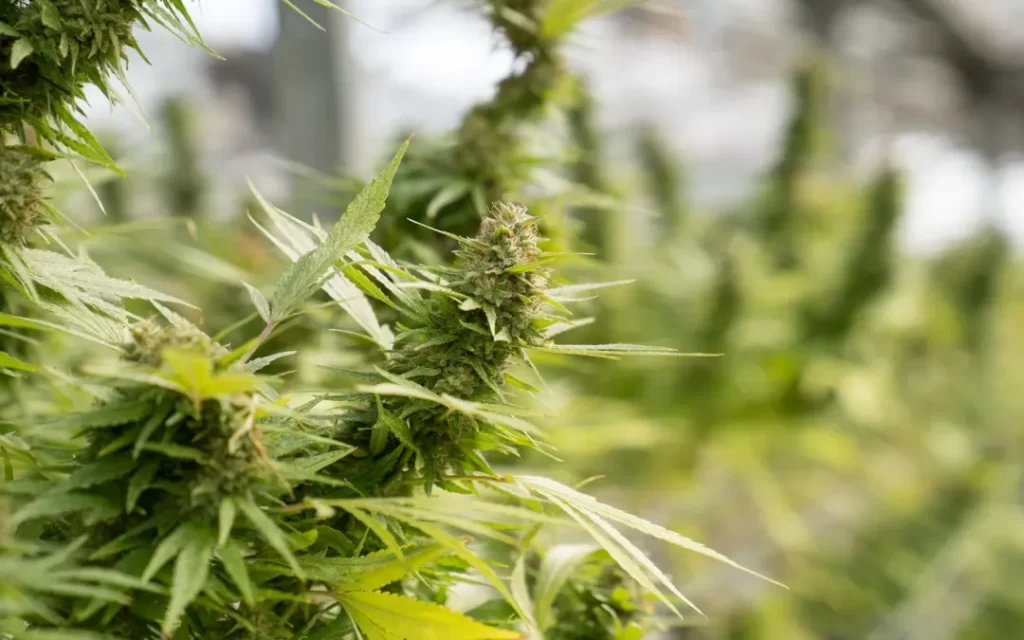Discover the Power of THCA Flower – Need to Know
The cannabis plant has garnered significant attention for its therapeutic potential, with numerous cannabinoids being studied for their unique properties. Among these, tetrahydrocannabinolic acid THCA has emerged as a compound of interest, particularly in its raw form as found in THCA flower. Understanding the benefits and uses of THCA flower is crucial for those seeking alternative therapeutic options and a deeper appreciation of cannabis’s versatility.
What is THCA?
THCA is a non-psychoactive cannabinoid found in raw and live cannabis. Unlike its well-known counterpart, THC tetrahydrocannabinol, THCA does not produce a high. This distinction arises because THCA is the acidic precursor to THC. When exposed to heat through processes like smoking, vaping, or cooking, THCA undergoes decarboxylation, transforming into THC and thereby acquiring psychoactive properties.

Therapeutic Potential of THCA
Research into THCA is still in its early stages, but preliminary findings suggest a range of potential therapeutic benefits:
Anti-Inflammatory Properties: THCA has shown promise in reducing inflammation, making it potentially beneficial for conditions like arthritis and lupus.
Neuroprotective Effects: Some studies indicate that THCA may have neuroprotective qualities, offering potential benefits for neurodegenerative diseases such as Alzheimer’s and Parkinson’s.
Consumption Methods
Consuming THCA flower offers various methods depending on the desired effects and personal preferences:
Raw Consumption: Eating raw THCA flower, whether directly or as part of a smoothie or salad, preserves its non-psychoactive properties and allows users to benefit from its therapeutic potential without experiencing a high.
Juicing: Fresh cannabis juice made from THCA flower can be a potent way to consume large amounts of THCA and other cannabinoids, delivering a health boost in a bioavailable form.
Potential Side Effects
While THCA is generally considered safe, it is essential to consider potential side effects. Some individuals might experience mild digestive issues or allergies when consuming raw cannabis. As with any supplement or therapeutic regimen, consulting with a healthcare provider is advisable, especially for those with pre-existing conditions or those taking other medications.
Legal Considerations
The legality of THCA flower varies by jurisdiction. In some regions, THCA is considered legal as long as it has not been decarboxylated into THC. However, the legal landscape is continually evolving, so staying informed about local regulations is crucial for consumers.
Conclusion
THCA flower represents a fascinating and promising aspect of the cannabis plant, offering various potential health benefits without the psychoactive effects associated with THC. As research progresses, the therapeutic applications of THCA may become more defined, providing a valuable addition to the repertoire of natural health remedies. Whether through raw consumption, juicing, or topical applications, thca flower offers a unique way to harness the power of cannabis in its purest form.